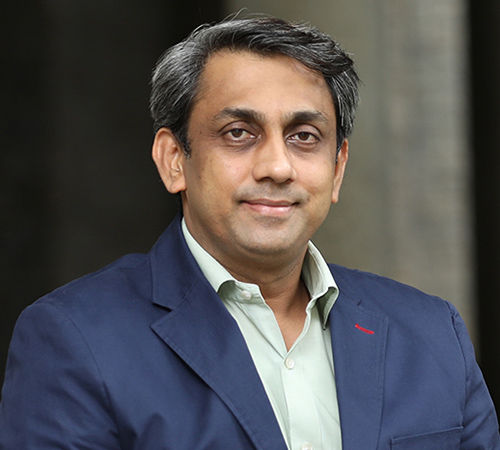Journal Article: 'Evidence-led pathways adapting life course approaches to healthy ageing' Prof. Allen P Ugargol

Abstract: As the ageing phenomenon presents itself across India in line with the demographic transition, the challenges and needs of older adults are becoming increasingly evident. The public health and societal challenges of ageing are significant, and a wide-ranging understanding of the socioeconomic, medical, cognitive, physical, and psychosocial needs of older adults is warranted. It is recognized that the care needs of older adults are situated within social and cultural norms that produce inequities within the backdrop of family transitions, migration, and the life course trajectory of older adults. Relying on interdisciplinary approaches that arise from developmental perspectives that consider ecological as well as historical exposures and risks through the life course, we highlight the utility of exploring ageing and healthy ageing solutions from a life course perspective and look at ways to overcome the challenges and disparities that older adults face. Through a thick curated review, we emphasize the need for building a comprehensive, longitudinal, inclusive, sequentially updated, and disaggregated individual as well as community-based panel data that can serve to build better contextual understanding and in advancing healthy ageing. A data continuum across the life course would serve well to link early life interventions, efforts to prevent non-communicable disease, address habits, addictions, offer extensive health promotion coupled with dietary and social support interventions, involve both early and later-life intervention that includes continuing education, career support, etc., requiring shared responsibility between the family and the state. Social integration of the ageing cohort is crucial since magic bullet biomedical interventions would not work when ageing is realized to be a phenomenon that is rooted deeply in cognitive, biological, and social pathways that develop over the life course and beyond intergenerationally. An evidence-informed public policy approach using the life course perspective has the potential to enable realization of healthy ageing within an impending longevity society.
Authors’ Names: Allen P Ugargol, Adisri Swain & Kavita Sivaramakrishnan
Journal Name: Journal of Social and Economic Development
URL: https://link.springer.com/article/10.1007/s40847-025-00428-x
Journal Article: 'Evidence-led pathways adapting life course approaches to healthy ageing' Prof. Allen P Ugargol
Abstract: As the ageing phenomenon presents itself across India in line with the demographic transition, the challenges and needs of older adults are becoming increasingly evident. The public health and societal challenges of ageing are significant, and a wide-ranging understanding of the socioeconomic, medical, cognitive, physical, and psychosocial needs of older adults is warranted. It is recognized that the care needs of older adults are situated within social and cultural norms that produce inequities within the backdrop of family transitions, migration, and the life course trajectory of older adults. Relying on interdisciplinary approaches that arise from developmental perspectives that consider ecological as well as historical exposures and risks through the life course, we highlight the utility of exploring ageing and healthy ageing solutions from a life course perspective and look at ways to overcome the challenges and disparities that older adults face. Through a thick curated review, we emphasize the need for building a comprehensive, longitudinal, inclusive, sequentially updated, and disaggregated individual as well as community-based panel data that can serve to build better contextual understanding and in advancing healthy ageing. A data continuum across the life course would serve well to link early life interventions, efforts to prevent non-communicable disease, address habits, addictions, offer extensive health promotion coupled with dietary and social support interventions, involve both early and later-life intervention that includes continuing education, career support, etc., requiring shared responsibility between the family and the state. Social integration of the ageing cohort is crucial since magic bullet biomedical interventions would not work when ageing is realized to be a phenomenon that is rooted deeply in cognitive, biological, and social pathways that develop over the life course and beyond intergenerationally. An evidence-informed public policy approach using the life course perspective has the potential to enable realization of healthy ageing within an impending longevity society.
Authors’ Names: Allen P Ugargol, Adisri Swain & Kavita Sivaramakrishnan
Journal Name: Journal of Social and Economic Development
URL: https://link.springer.com/article/10.1007/s40847-025-00428-x
